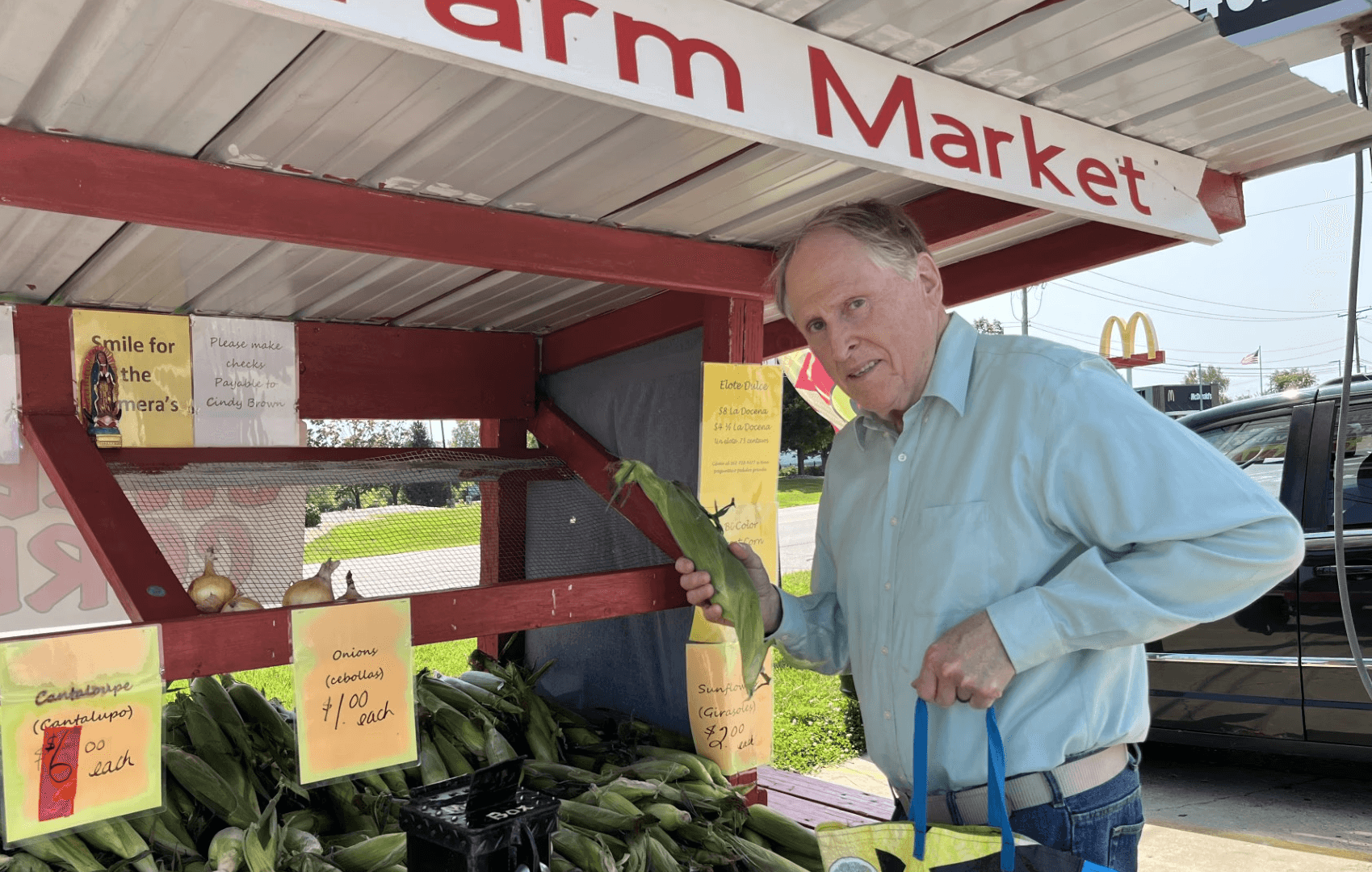Initiatives that serve as the foundation of my approach to agriculture:
Recast Our Crop Priorities; Feed the World: I would work to reduce production of animal feed and ethanol by encouraging legumes and grains that contribute to healthier human consumption. By shifting the focus to the export of such crops, we can contribute to the reduction of famine. As part of the effort to recast our crop priorities, we must also move away from monoculture and its attendant risks for large scale crop failures and pest resistance.
Take steps to alleviate urban and rural food deserts: The 16th District is a leader in this respect: the Northern Illinois Food Bank recently launched an online service called "My Pantry Express." This program permits people to order groceries for either pick up or delivery, at no charge, from select sites in participating locations.
Support Family Farms: According to the Chicago Tribune, "Approximately 70% of farmland in Illinois is rented from landowners who often live in cities or out of state." Many are unaware of the challenges that face family farmers. As the National Farmers Union points out, "Decades of consolidation in the agriculture industry have devastated family famers."
Increase the Farming Population by Welcoming Women, BIPOC, and Immigrants: What are we going to do about the graying of the farming community? A partial answer to this is enable others to become farmers. While farmers of color are under-represented in the United States, the Illinois Farmers Market Association (ILFMA) points out that "in recent years, BIPOC (Black, Indigenous, and People of Color) farmers in Illinois have joined the growing movement of young farmers, and are finding ways to build equitable food systems, grow their communities, and promote resilience across Illinois."
Support Farm Labor: We should partner with organizations that are already providing support such as the Illinois Migrant Council which provides emergency and social services to migrant and seasonal farmworkers.
Promote Farmer and Farmworker Safety: According to the University of Illinois' College of Agricultural Consumer & Environmental Sciences, "agricultural occupations are hazardous with one of the highest rates of workplace injuries and fatalities in the U.S."
Regionalize and Miniaturize: We must fundamentally change the was by which we grow and move food. Today's business models are much too centralized and carbon hungry to face climate change. Concentrating agriculture in water-short areas like California and then shipping crops over long distances, is both counter-productive and unsustainable. To reduce carbon consumption, we must regionalize agriculture and move toward high-yield urban models such as truck gardens. We also need to miniaturize production through community-based farms, greenhouses, hydroponics, and home gardens. Farm support programs must be tweaked accordingly.
Recast our crop Priorities; Feed the World.
Take steps to alleviate Urban and rural food deserts.
Support Family Farms.
Increase the Farming Population by welcoming Marginalized groups such as Women, BIPOC, and immigrants.
Support Farm Labor.
Promote Farmer and Farmworker Safety.
Regionalize and Miniaturize.
